September 2, 2017
|
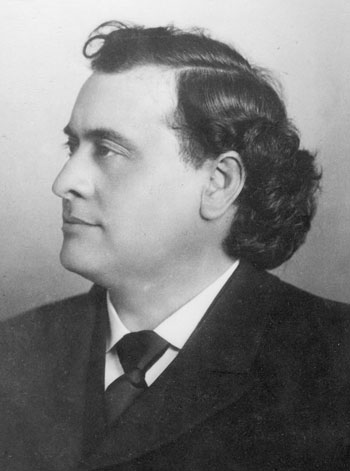
Henry Barkley, bishop 1897-1913.
On September 3, 1879, Henry Barkley, age 21, was granted a United Brethren annual conference license to preach. Eight days later, he married Ida Masters, a young girl he had met in a store. They began pastoring circuits of churches in North Ohio Conference. In 1881, he was ordained by Bishop Jacob John Glossbrenner.
Barkley’s parents married in 1847 and settled in northeastern Indiana. They birthed four daughters, and finally got a son, Henry, on March 19, 1858. In 1866, at the end of the Civil War, the family moved to northwestern Ohio.
There is anecdotal evidence that young Henry, consistent with being the only boy, was somewhat of a spoiled brat–prideful, hot-headed, and prone to fighting. But he was smart, got a decent (for the time) education, and ever-so-gradually, through the influence of various ministers, journeyed toward Christ. He was converted on February 2, 1875, under the ministry of a Church of God pastor. But UBs had played a role in his journey, too. In 1876, he transferred to the United Brethren church in West Unity, Ohio. And with the UBs he stayed for the rest of his life.
Henry and Ida found themselves drawn to the West. In 1882, they accepted a UB pastorate in Denver, Colorado. But that didn’t work out. Seven months later, they were back in Ohio. But in 1888, they moved to Oregon, and that’s where they spent the rest of their days.
Henry quickly distinguished himself. He led revival meetings in places where they were launching new churches. Bishop William Dillon once commented, “No man in Oregon could draw a larger crowd.” He was elected as a presiding elder in 1880, and during the next few years, oversaw the construction of five church buildings.
Lynn Newbraugh wrote in his chapter on Barkley in United Brethren Bishops, Volume 1, “Barkley also expended great effort to guide the pastors under his care, much like a father with his son. Throughout his career, he took time to praise the efforts of each individual. Yet, he was no flatterer. When one of his pastors erred, Barkley was quick to correct him.”
Newbraught added, “He treated subordinates as equals and equals as superiors.”
In 1894, Barkley took on two new roles: he was elected president of the United Brethren college in Philomath, Oregon; and he was elected to the first of two terms in the Oregon legislature. His oratorical skills and principled leadership served him well in politics. He often presided over legislative sessions and acquired the power to make or break bills. His reputation grew to the point that both state Senators–a Democrat and a Republican–said they would campaign for him if he ran for the US Congress. But after two terms, he said goodbye to politics. He wanted to focus solely on his First Love, the Church.
In 1897, Barkley, age 39, began 16 years as a United Brethren bishop. He was initially elected, by a vote of 33-10, in place of incumbent William Dillon. For the first eight years, Barkley served alongside Milton Wright, Horace Barnaby, and Halleck Floyd, who had served together as bishops since 1889 and would continue in that role until 1905.
Barkley was assigned to the Pacific district, and in the years ahead, helped bring a Chinese school in Portland under our supervision in 1898 (it would later become our bridge to China), in 1899 helped found Edwards College in Albion, Wash.; and oversaw establishing the Idaho Mission Conference in 1901.
Bishops Wright, Barnaby, and Floyd got into a nasty dispute about the publishing house; it went on for several years. Everything came to a head at the 1905 General Conference. Barkley, who had stayed out of it, ended up presiding over large portions of the conference. In the end, the leadership slate was wiped practically clean–Wright, Barnaby, and Floyd, along with three other denominations officials, were not re-elected. Only Barkley remained–jumping immediately from junior bishop to senior bishop.
Despite his now-central role, Barkley chose to continue living in Oregon. But he had to make many trips back to the denominational office in Huntington, Ind., and to other points in the East. Thank God for trains.
In 1909, representatives from the Liberal United Brethren church, from which we had split in 1889, attended General Conference with an invitation to reunite the two groups. Perhaps, now that Milton Wright was out of the picture, they thought we might be positive toward the idea. Henry Becker, using his well-honed spontaneous eloquence, said, “I welcome these brethren and their greetings, which cheer my heart.” But he concluded, “When we can agree on doctrine, we can take care of the policy and polity.” And thus, he very diplomatically slammed shut the door for reuniting the two groups.
Barkley stepped down from the bishopric in 1913. His concluding years were frustrating to him. The churches in Oregon were in decline, sorely in need of capable ministers, and the two colleges, at Philomath and Albion, suffered financial hardship.
Plus, his fragile health plummeted. In 1894, the same year Barkley was elected to the Oregon legislature, he got food poisoning while eating at a restaurant in Butler, Ind. (a woman at a nearby table died). He was quite sick for the next two years, and never fully recovered; he was plagued by sickness for the rest of his life. During those final four years as bishop, Barkley suffered a series of small strokes which left him partly paralyzed on his left side. Nevertheless, he delivered 300 addresses during those four years, a number topped by only one other bishop.
Barkley had been suggesting that they drop from four bishops to three bishops. When he stepped down in 1913, the General Conference did just that, choosing not to replace him.
Henry and Ida Barkley continued living in Oregon for what became a very brief retirement. Henry became seriously ill in November 1914, and was bed-bound from mid-December until his death on March 7, 1915.
William Dillon wrote of Barkley, “No preacher on the Pacific Coast was ever more loved, or will be more lamented.
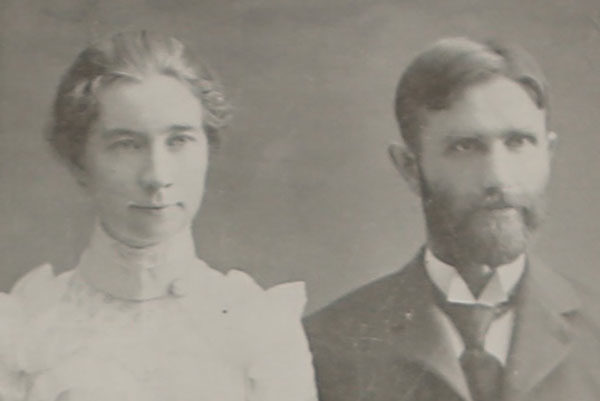


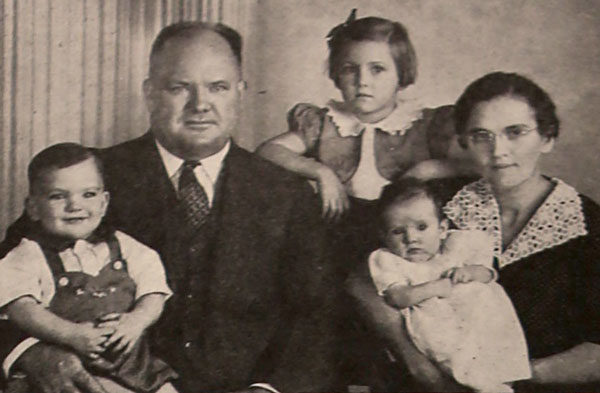
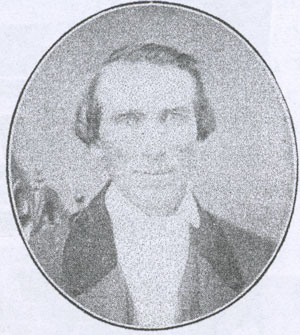
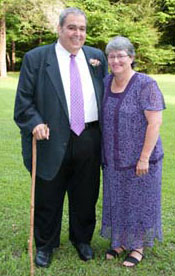
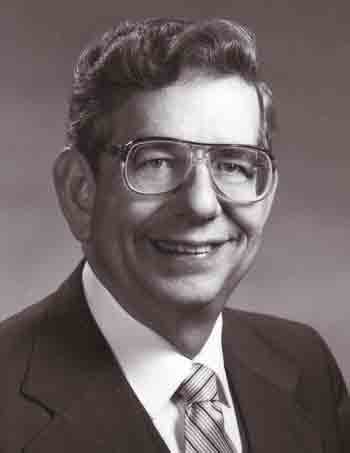 On August 25, 1961, Wilber L. Sites, Jr., was ordained as a United Brethren minister. The service occurred at Rhodes Grove Camp in his hometown of Chambersburg, Pa.
On August 25, 1961, Wilber L. Sites, Jr., was ordained as a United Brethren minister. The service occurred at Rhodes Grove Camp in his hometown of Chambersburg, Pa.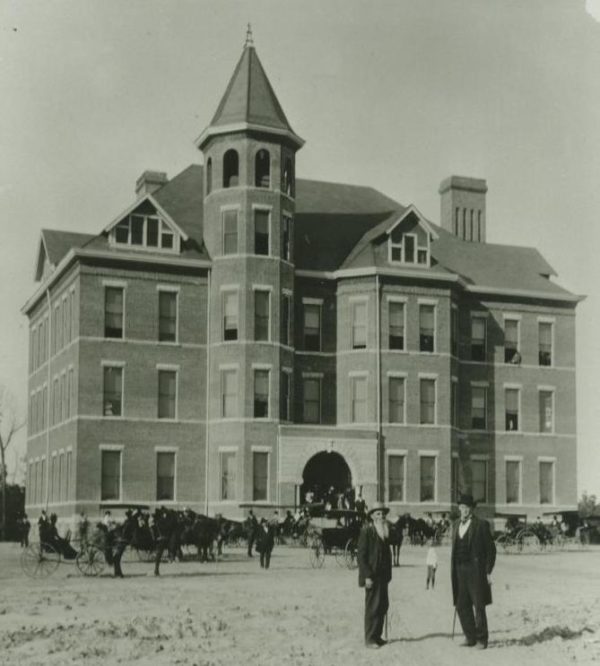
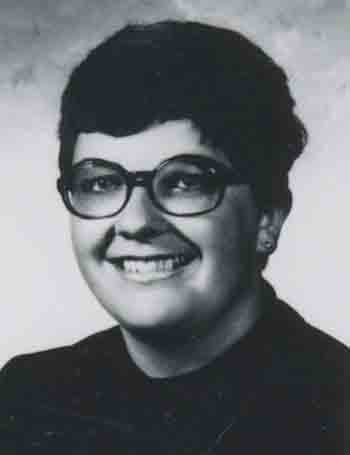 On Wednesday, August 22, 1980, Sierra Leone missionary teacher Jill Van Deusen couldn’t get out of bed.
On Wednesday, August 22, 1980, Sierra Leone missionary teacher Jill Van Deusen couldn’t get out of bed.